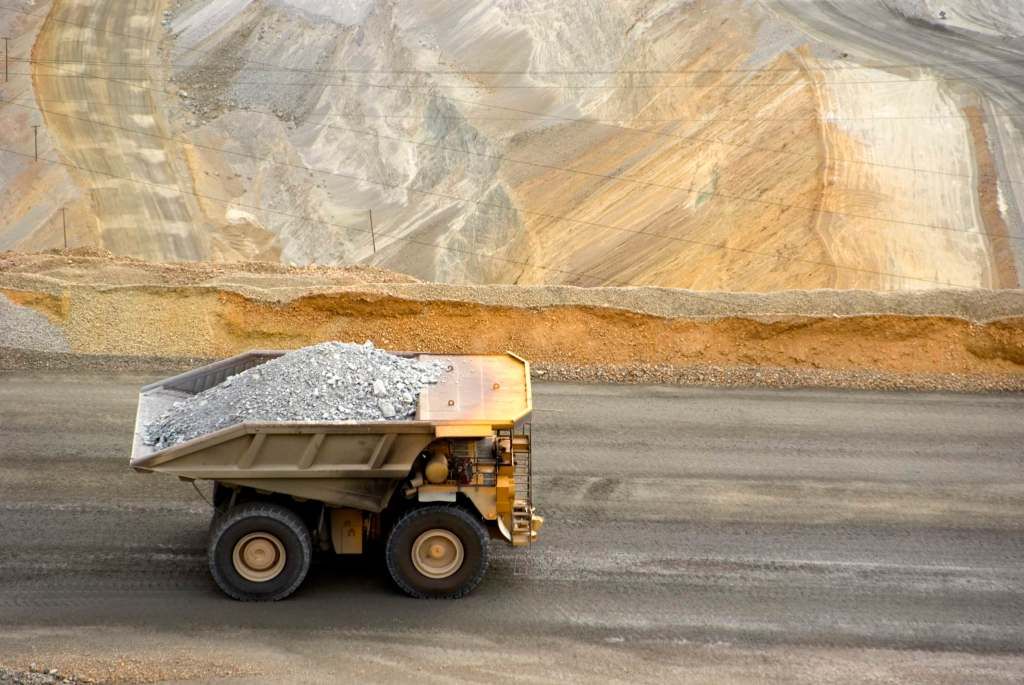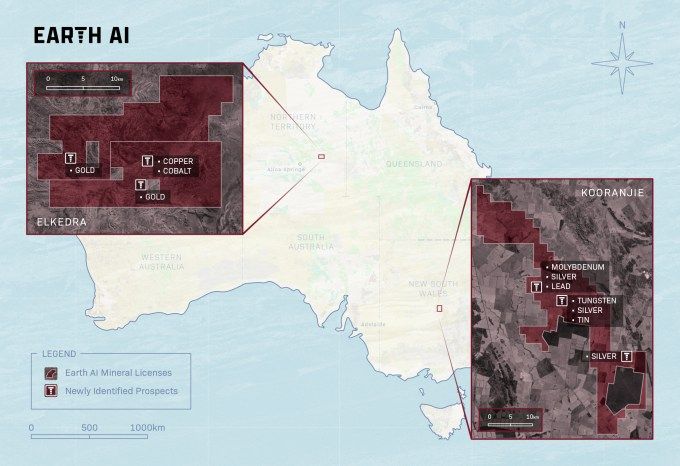
Earth AI's AI-Powered Mineral Discoveries in Australia
The race to secure critical minerals is heating up, and artificial intelligence is playing a key role. Following KoBold's impressive copper discovery in Zambia, another startup, Earth AI, has announced promising finds in Australia. These discoveries, leveraging AI to analyze existing geological data, highlight a new era in mineral exploration.
AI-Powered Mineral Discovery
Earth AI's founder and CEO, Roman Teslyuk, emphasized that the real frontier in mining is technological rather than geographical. The company has identified deposits of copper, cobalt, and gold in the Northern Territory, as well as silver, molybdenum, and tin in New South Wales.
Teslyuk's journey began during his doctoral studies at the University of Sydney, where he realized the untapped potential of Australia's vast archive of mining data. Since the 1970s, exploration companies have been required to submit their data, but much of it remained unused. Earth AI's innovation lies in its ability to analyze this data using AI algorithms, learning from past successes and failures to predict new mineral deposits.
Overcoming Industry Hesitation
Initially, Earth AI faced resistance from the mining industry, which is known for its conservative approach. Companies were hesitant to invest in an unproven technology. To overcome this skepticism, Earth AI developed its own drilling equipment to validate its AI-driven predictions. This approach proved successful, leading to a $20 million Series B funding round in January.
A Different Approach to AI Mining
While both Earth AI and KoBold utilize AI in their mineral exploration efforts, their approaches differ. Earth AI focuses on scanning large areas quickly and efficiently to identify deposits that may have been previously overlooked. This approach is particularly valuable in a world where the traditional methods of mineral exploration are too slow to meet the growing demand for critical minerals. "The way we used to explore for metals in the past...it just takes very, very long," Teslyuk explained. "With the modern pace of the world, you just can’t wait for that long."
These discoveries suggest that the future of critical mineral supply will likely rely on the integration of AI with field data, paving the way for more efficient and effective exploration.
1 Image of AI Mining:


Source: TechCrunch